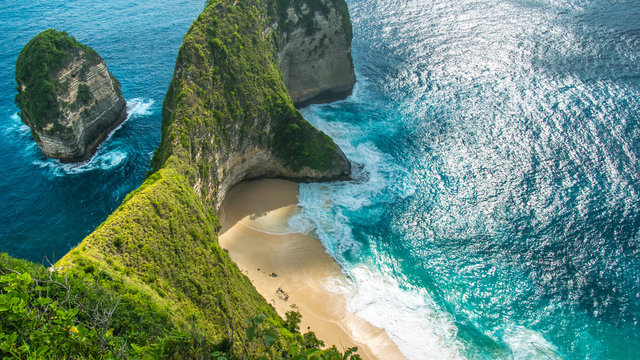Bali has officially become the world’s second most densely populated island, driven by a sharp rise in tourism, development, and long-term foreign residency. While the island continues to attract global attention for its culture, wellness retreats, and remote work lifestyle, this growing popularity is putting serious pressure on local communities. Urban expansion, new infrastructure, and luxury villas are rapidly replacing traditional villages and green spaces.
As more foreigners settle in Bali, property prices have surged, traffic has worsened, and affordable housing has become harder to find for many locals. Environmental concerns are also rising, including water shortages, waste management issues, and the erosion of cultural heritage. Although the boom benefits many tourism-based businesses, local leaders now face a growing challenge: how to balance economic growth with sustainability and fairness for Bali’s long-term residents.
Local Impact of Becoming the Most Densely Populated Island
Kompas reports that while Bali’s official population is still around 4.3 million, the constant influx of tourists and expatriates has led to a near-overcrowding effect. Public spaces are busier than ever, and the island’s infrastructure is struggling to keep up with demand.
Locals have described feeling “trapped” as green areas continue to disappear, traffic congestion grows, and the overall pace of life becomes more intense. As stated in the report, “warga lokal merasa terkepung, ruang hijau menyusut, dan tekanan sosial meningkat” local residents feel surrounded, green spaces are shrinking, and social pressure is rising.
Tourism Department’s Perspective
Although local tourism officials argue that Bali isn’t technically facing overtourism, they admit there is an “over-concentration” of visitors in the southern part of the island. Areas like Kuta, Seminyak, Canggu, and Uluwatu continue to absorb the bulk of tourist activity, placing strain on infrastructure and local communities.
Officials have emphasized that both tourism and development remain heavily centered in this region. They are now calling for strategic decentralization to better distribute economic opportunities and reduce pressure on the south. Encouraging tourism in less-visited areas such as North and East Bali is seen as a possible solution.
Sources: antaranews.com, kompas.com.
Featured Image by praphab144 (Adobe Stock)

